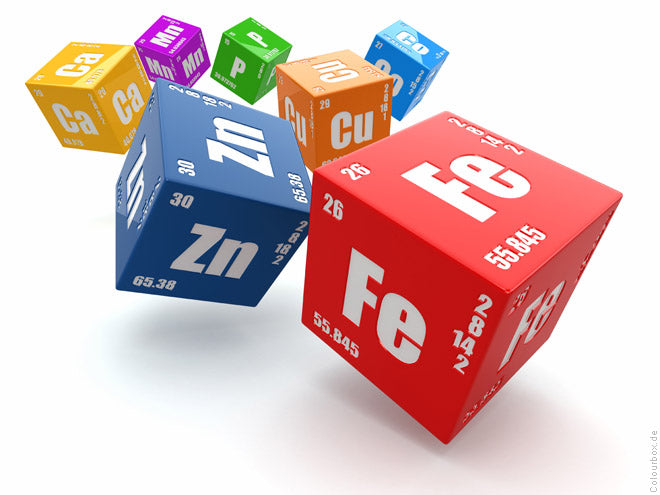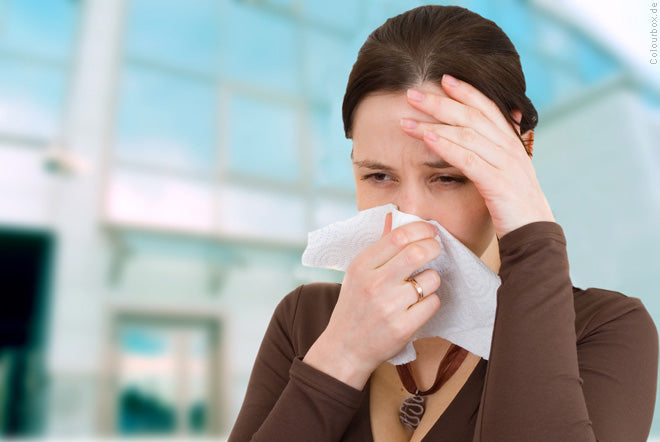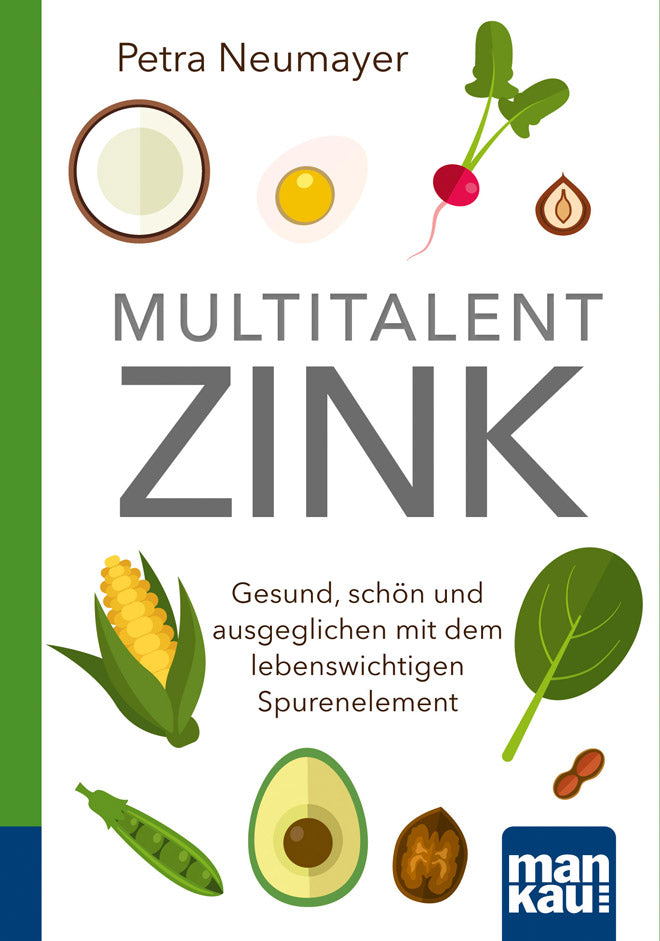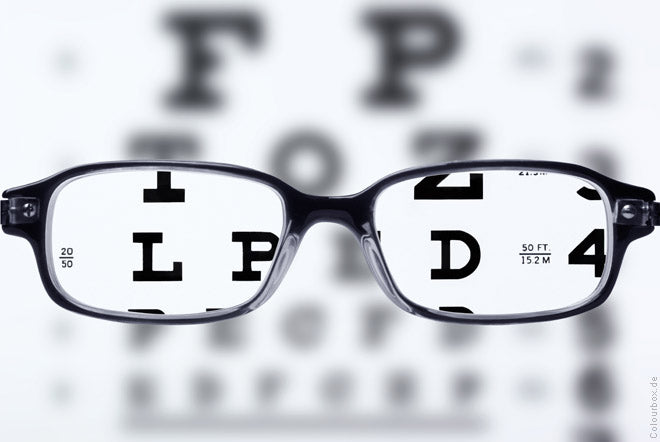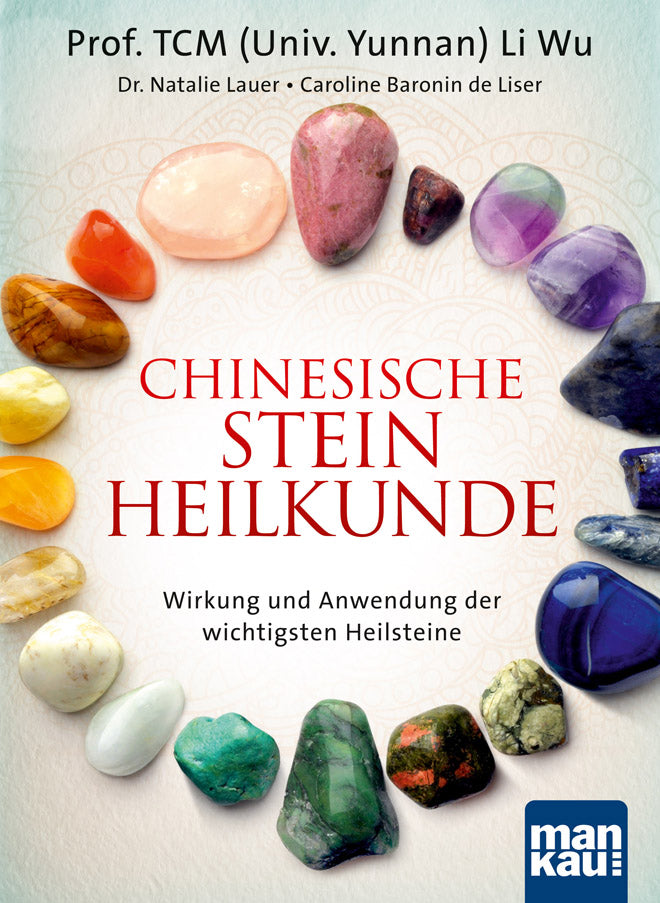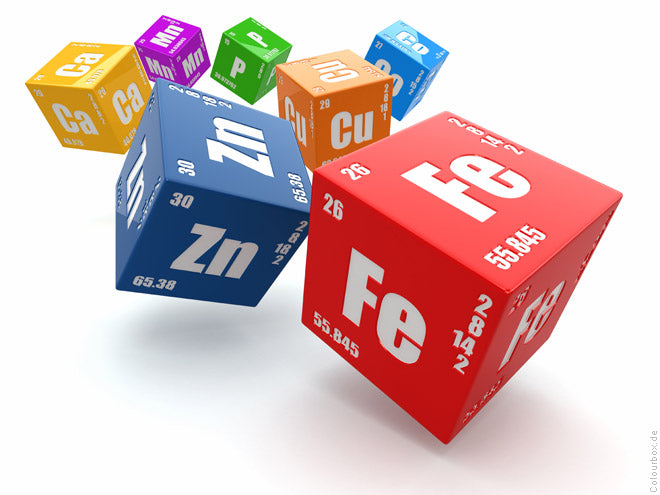
Building block of life
Building block of life
The multi-talented zinc is one of the most important trace elements and is involved in all essential metabolic processes
The human organism cannot function without zinc, as it controls all processes related to the growth of cells and tissue. This compact guide shows when zinc is needed, how the body uses it, what the effects of a deficiency are and what can be done about it.
Essential for well-being and beauty
Zinc is one of the most highly concentrated trace elements in the body, accounting for 1.4 to 2.3 grams of body weight. These combine with enzymes, vitamins, proteins or fatty acids and provide the necessary conditions for vital processes to get started. They strengthen or weaken chemical reactions and thus regulate our metabolism.
In her new book, medical journalist and advice author Petra Neumayer deals with this essential building block of life and explains how zinc is involved in a wide variety of bodily functions, what daily dose our organism needs and how deficiencies can be remedied.
A vital trace element
Zinc is part of the cellular structure of every cell in the body and gives it stability and strength. Particularly high concentrations of zinc can be found in muscles, bones, liver, skin, eyes and the gonads. It activates the immune system, intercepts free radicals in the body, is of immense importance for reproduction and fertility and is even of great importance for brain function. In addition, it gives you clear skin, beautiful hair and strong fingernails and even has a mood-enhancing effect. Zinc is also crucial for eyesight. Without zinc, an enzyme necessary for vitamin A metabolism cannot work, which would lead to blindness.
Another area in which zinc plays a major role is cell division. The trace element controls all processes related to the growth of cells and tissue. Therefore, an adequate supply of zinc is particularly important during pregnancy and breastfeeding, for growing children and for older people. Zinc plays a major role in old age in particular, so that important body functions can be supported as well as possible: for example, in terms of eyesight, memory performance and wound healing.
The optimal supply
The amount of zinc required varies depending on the mental and physical condition as well as the individual's age. The recommended daily requirement of dietary zinc is 12 to 15 milligrams. Men should consume zinc in the upper range of the recommended intake, while women need slightly less. Children and adolescents need more zinc than adults in relation to their height and weight.
Zinc cannot be stored in the body, but it must be available to every cell in the body every day. The body can only get enough zinc through food or in the form of zinc supplements. Almost all foods contain zinc, but in varying concentrations. The body can absorb zinc bound to animal protein better than zinc from plants. Vegans who avoid meat, milk and cheese products, and fish should pay particular attention to their zinc intake: "With a daily, healthy, mixed diet, you are certainly well advised to guarantee your daily zinc intake in the long term," advises the author.
Book tip:
Petra Neumayer: Multi-talented zinc. Healthy, beautiful and balanced with the vital trace element. Compact guide, Mankau Verlag, 1st edition November 2016, paperback, 11.5 x 16.5 cm, color, 127 pages, 7.99 euros (D) / 8.20 euros (A), ISBN 978-3-86374-317-8.
Link recommendations:
More information about the compact guide "Multitalented Zinc"
To the reading sample in PDF format
More about the author Petra Neumayer
To the Internet forum with Petra Neumayer
